Partners

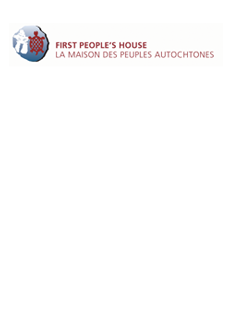
First Peoples' House
The First Peoples' House is dedicated to providing support for First Nations (status and non‐status), Inuit and Métis students at McGill, by establishing a sense of community and a voice to Aboriginal students who have left their home communities in order to pursue their education.
For more information, please visit:
www.mcgill.ca/fph
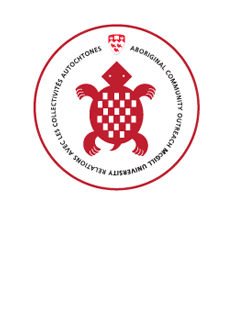
Community Outreach Coordinator
The Community Outreach Coordinator/ Career Advisor works collaboratively with First Nations, Inuit and Métis communities across Canada on- and off- reserve in an effort to connect with youth, prospective university students and their families to promote higher education and McGill University. This outreach extends to high schools, school boards, Band education centres and career fairs.
For more information, please visit:
www.mcgill.ca/fph/community-outreach

Indigenous Access McGill
Indigenous Access McGill is a McGill support program for First Nations and Inuit students in Social Work, Nursing, Occupational Therapy, Physiotherapy, Dietetics and Speech and Language Pathology.
For more information, please visit:
www.mcgill.ca/socialwork/students/aboriginal
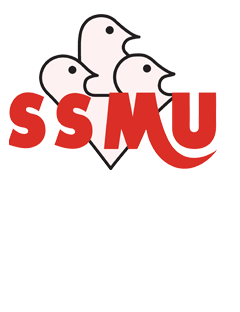
Students Society of McGill University
SSMU
For more information, please visit:
ssmu.mcgill.ca
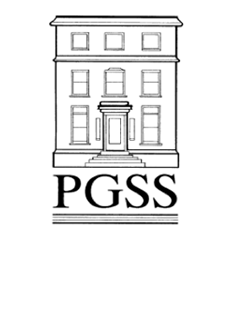
Post-Graduate Student Society
The PGSS is the representative body for graduate students and post-doctoral fellows at McGill University. Through the PGSS Council, the highest governing body of the PGSS, representation throughout the McGill governing structures is organized. The PGSS coordinates numerous services, activities, and benefits for its members.
For more information, please visit:
pgss.mcgill.ca

Indigenous Student Alliance
The Indigenous Student Alliance provides integrative support for Indigenous peoples' attending McGill Univeristy to connect and share our unique, authentic indigenous ways of knowing with each other and with non-indigenous peoples within the community. Our vision is to develop and maintain on-going networking and partnerships with University student groups and organizations though learning–teaching relationships that foster real and meaningful human development and community solidarity.
For more information, please visit:
Facebook Group Page

Aboriginal Law Students' Society
L'association étudiante pour les droits des peuples autochtones est un groupe d'étudiants en droit à l'université McGill qui s'engage à sensibiliser le public sur les enjeux juridiques touchant les peuples autochtones au Canada. Aboriginal Law Students Association members also seek to expose students at the faculty to the legal traditions of Aboriginal peoples in Canada. ALSA is a non-hierarchical club open to everyone.
For more information, please visit:
www.lsa-aed.ca

KANATA
KANATA is an interdisciplinary student-published journal with content that focuses on topics relating to Indigenous Peoples of North America.
For more information, please visit:
kanata.qpirgmcgill.org
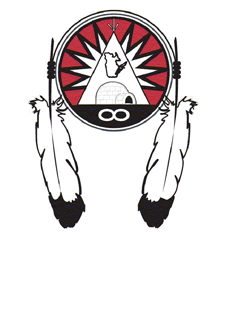
The Native Friendship Centre of Montreal
The Native Friendship Centre of Montreal is an autonomous non-profit, non-sectarian community development agency pledged to promote, develop, and enhance the quality of life in the Urban Aboriginal community of Montreal.
The NFCM has been in operation for over 38 years as a Friendship Centre. As Montreal's only service, resource and referral center with the mandate to support Aboriginal people and their families, it assists them in grappling with medical, social, legal, educational and work-related issues in a cultural context.
Today the Centre offers a variety of essential social services including a drop-in center, urban referral, outreach programs, street patrol, legal and social advocacy, social and cultural activities and a youth centre.
For more information, please visit:
www.nfcm.org
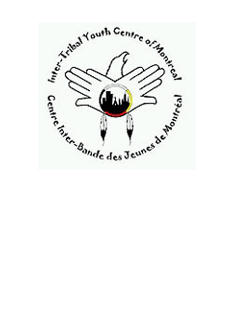
Inter-Tribal Youth Center
The Inter-Tribal Youth Center is a project of the NFCM, established since 1999. The ITYC was created to target Aboriginal youths (ages 12-29) in Montreal by providing them a safe, welcoming, and non-judgemental environment where there are a variety of activities aimed to improve their livelihood.
Many of our First Nations, Métis, and Inuit youths, come from a variety of backgrounds such as the Arctic North and even from urban Montreal. This population consistently faces the challenging conditions of urban environments such as hunger, homelessness, prejudice, and unemployment.
For more information, please visit:
ityc.nfcm.org

Kanien'kehá:ka Onkwawén:na Raotitióhkwa Language and Cultural Centre
The mission of Kanien'kehá:ka Onkwawén:na Raotitióhkwa, a vital and dedicated catalyst for community change, is to lead and support all Kahnawa'kehró:non to practice, maintain, respect, renew, and enhance Kanien'kéha language, beliefs, values, customs and traditions through the development, delivery, and sharing with all peoples, cultural and educational activities which will ensure the continued existence of our present and future generations as Kanien'kehá:ka.
For more information, please visit:
www.korkahnawake.org
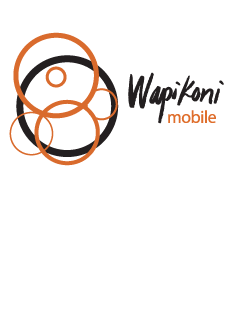
Wapikoni Mobile
The Wapikoni mobile, a travelling audiovisual and music training studio, has been visiting Quebec First Nation communities since 2004. Iniated by the filmaker Manon Barbeau, this intervention and essential skills-learning initiative was co-founded by the Atikamekw Nation Council and the First Nations Youth Council, with the support of the Assembly of First Nations of Quebec and Labrador, and the assistance of the National Film Board of Canada as well as many financial partners from all levels of government.
For more information, please visit:
wapikoni.tv

McCord Museum
The McCord Museum is one of the most important historical museums in Canada. It celebrates Montréal life past and present—its people, its artisans, its communities, its metropolitan area. Through a contemporary approach, the Museum presents exciting exhibitions that appeal to people from here and elsewhere. It also offers educational and cultural activities and innovative Internet projects.
For more information, please visit:
www.mccord-museum.qc.ca













